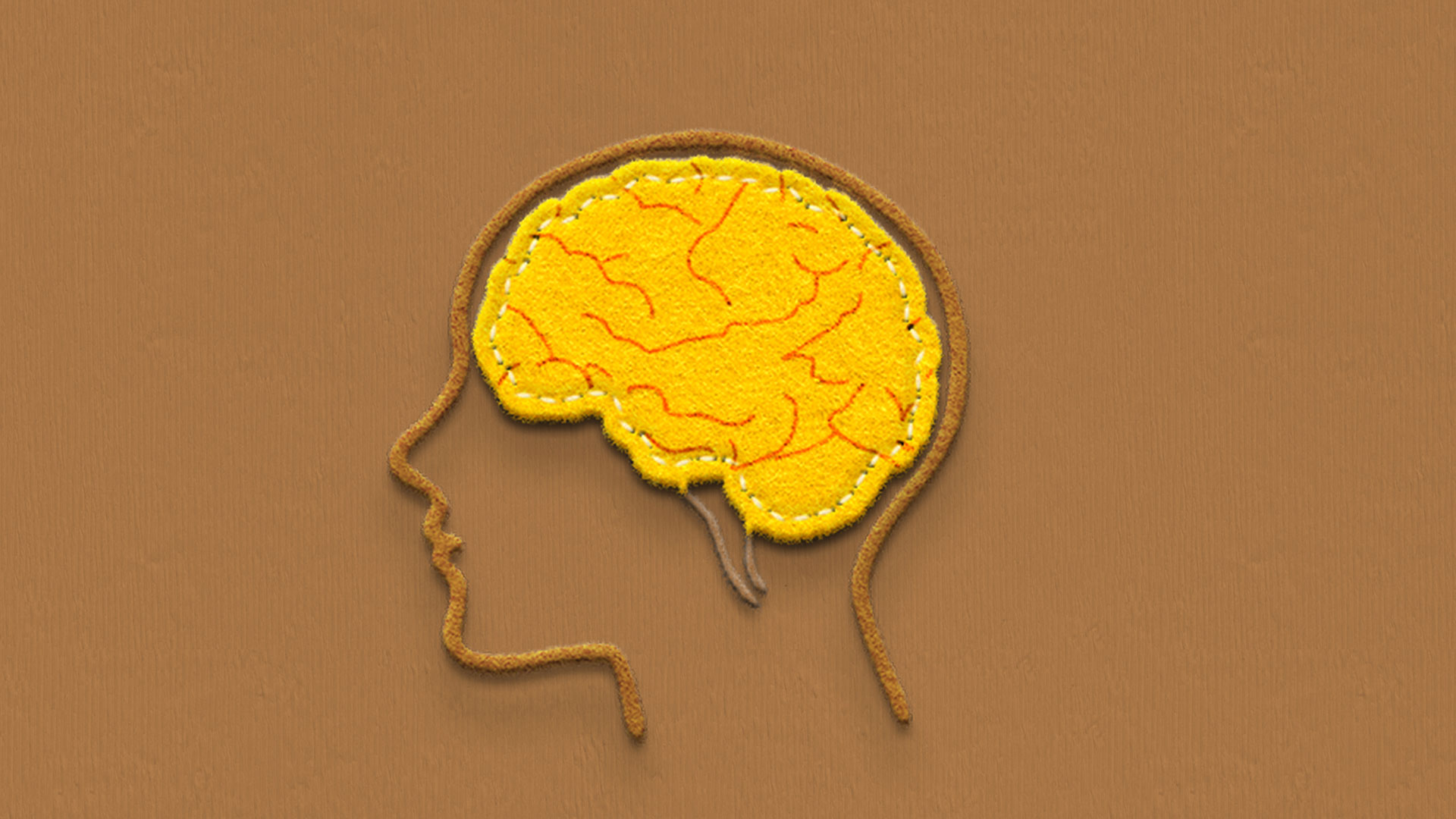Scientists have identified for the first time 42 genetic variants Reliably associated with dyslexia. A third of these were previously related to general cognitive ability and educational performance. This condition hereditary It is related, in part, to genetic factors. However, so far little has been known about the motive behind the risks of its development.
Led study The University of Edinburgh, UKwith the participation of researchers from Australia, the Netherlands and the United States, It is the largest genetic study on dyslexia been done so far. According to scientists, the the findingswhich was published in the magazine nature genetics They will help you understand the biology that explains why some children have trouble reading or spelling.
The research team behind the study, which included: Over 50,000 adults who have been diagnosed with dyslexia and more than a million adults have yet to be diagnosed.

The researchers analyzed the association of millions of genetic variants with dyslexia and found 42 variants of interest. Some of them are related to others. Circumstances From neurodevelopment, Such as delayed language, thinking skills and academic performance. However, many of them are new and may represent genes that are more specifically related to the basic processes of learning to read.
It may interest you: How does speech therapy help people with Alzheimer’s disease?: 3 exercises recommended by neuroscientists
Many of these dyslexia-related genes are also linked Attention Deficit Hyperactivity Disorder. Experts note that much less overlap has been found in the genes associated with dyslexia for psychiatric, lifestyle, and health conditions. Several associated genetic variants were also important in a Chinese speaking recording This suggests that there are general cognitive processes in learning to read that They do not depend on the type of language.
The researchers further stated that they were able to predict Ability to read and spell of children and adults from four other research studies using genetic information from the assay, but not with the accuracy needed for diagnostic use.

Principal Investigator Michele Lucianosubordinate Faculty of Philosophy, Psychology and Language Sciences from the University of Edinburgh, Certain The study sheds light on many unanswered questions related to dyslexia. “Our results show that common genetic differences have very similar effects in boys and girls, and that there are Genetic link between dyslexia and dexterity He said.
It may interest you: “I studied, but I don’t remember anything”: The Five Mental Strategies for Improving Learning
He added: “Previous work has suggested that some brain structures may change in people with dyslexia, but we found no evidence that genes explain this. Our results also suggest that dyslexia is closely related to performance on tests of reading and spelling, reinforcing the importance of standardized tests. to determine this case.

It is one of the most common learning disorders affecting school-age children, and according to World Health Organization (WHO), influence 10% of the population around the world. according to International Dyslexia AssociationAnd the “It is a specific learning difficulty (SLD) of neurobiological origin, characterized by difficulties with accuracy and fluency in (written) word recognition and by deficiency in decoding (reading) and spelling (spelling) skills.”
These difficulties are not affected by the person’s intellectual, emotional or social level. And according to those who know, for this reason. diagnosis Dyslexia, these difficulties must occur in the absence of justified neurological injuries and/or sensory conditions and school opportunities to acquire reading and writing properly.
Read on:

:quality(85)//cloudfront-us-east-1.images.arcpublishing.com/infobae/ONY5MU6HOVFI7BYYE57TNYSZ3E.jpg)

:quality(85)/cloudfront-us-east-1.images.arcpublishing.com/infobae/TZNGQSD4QVHJNCNWN7BZUUAPYQ.jpg)

